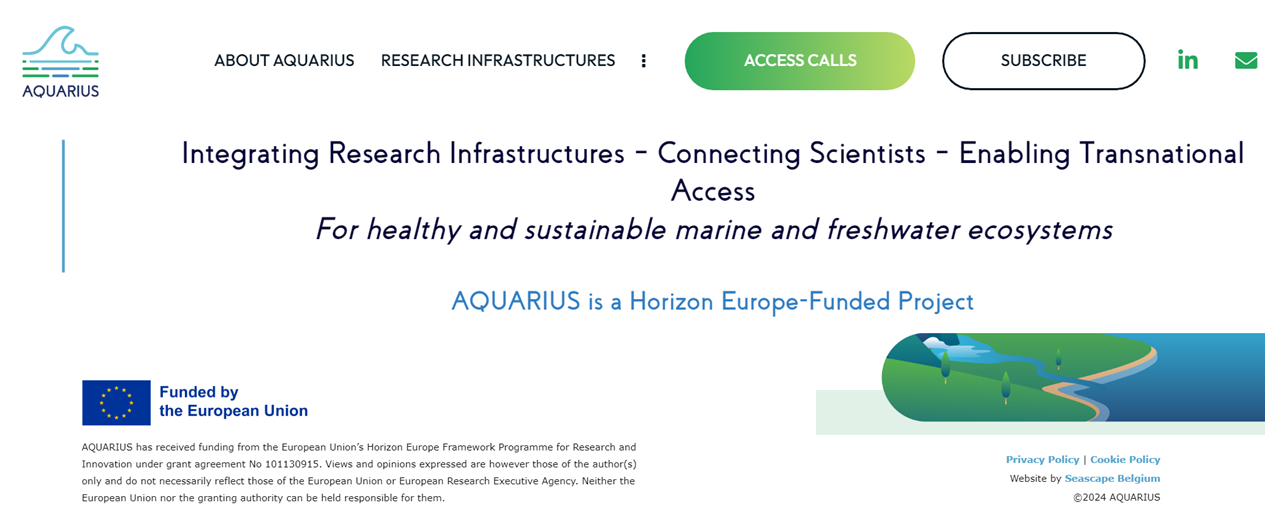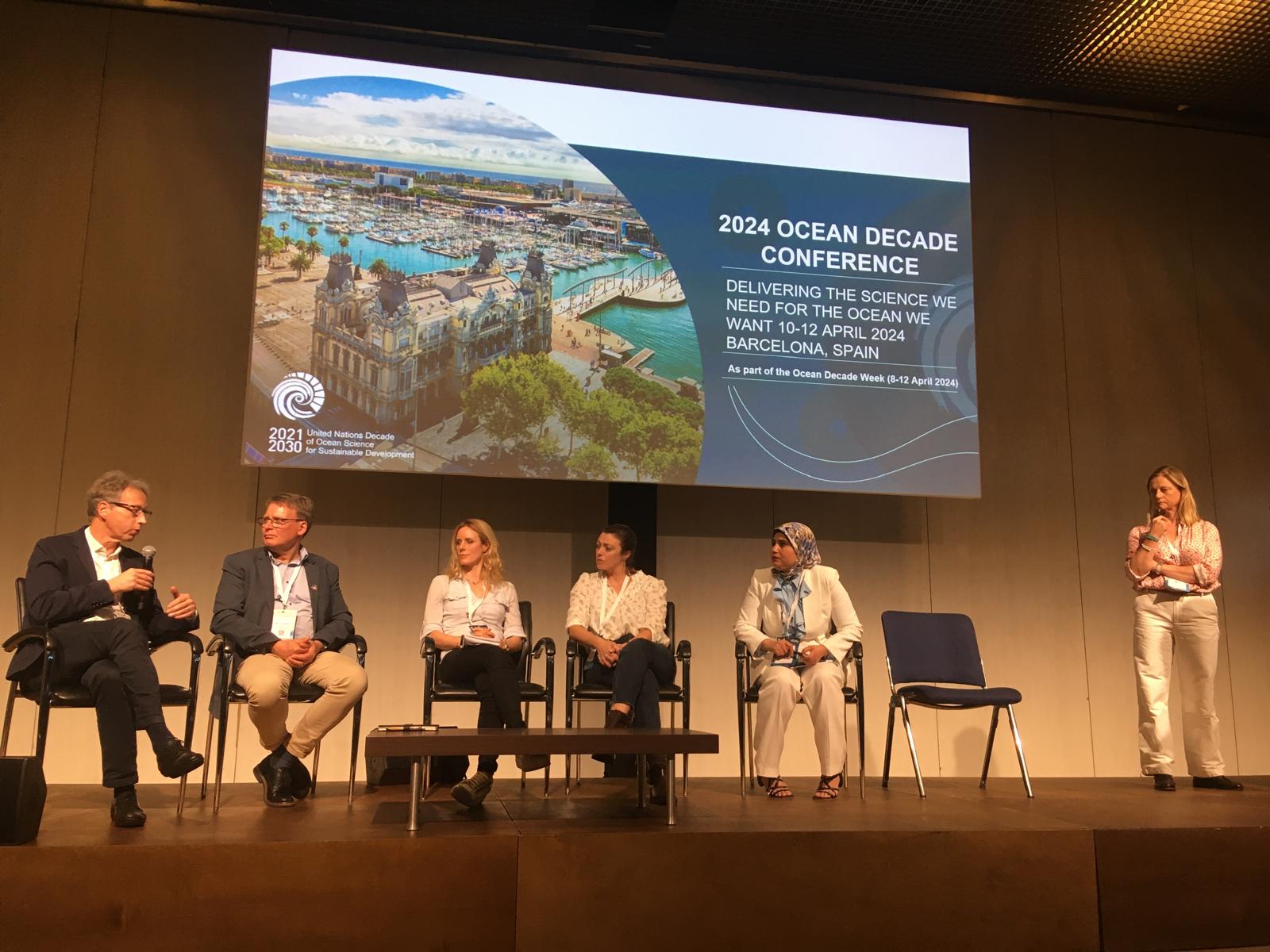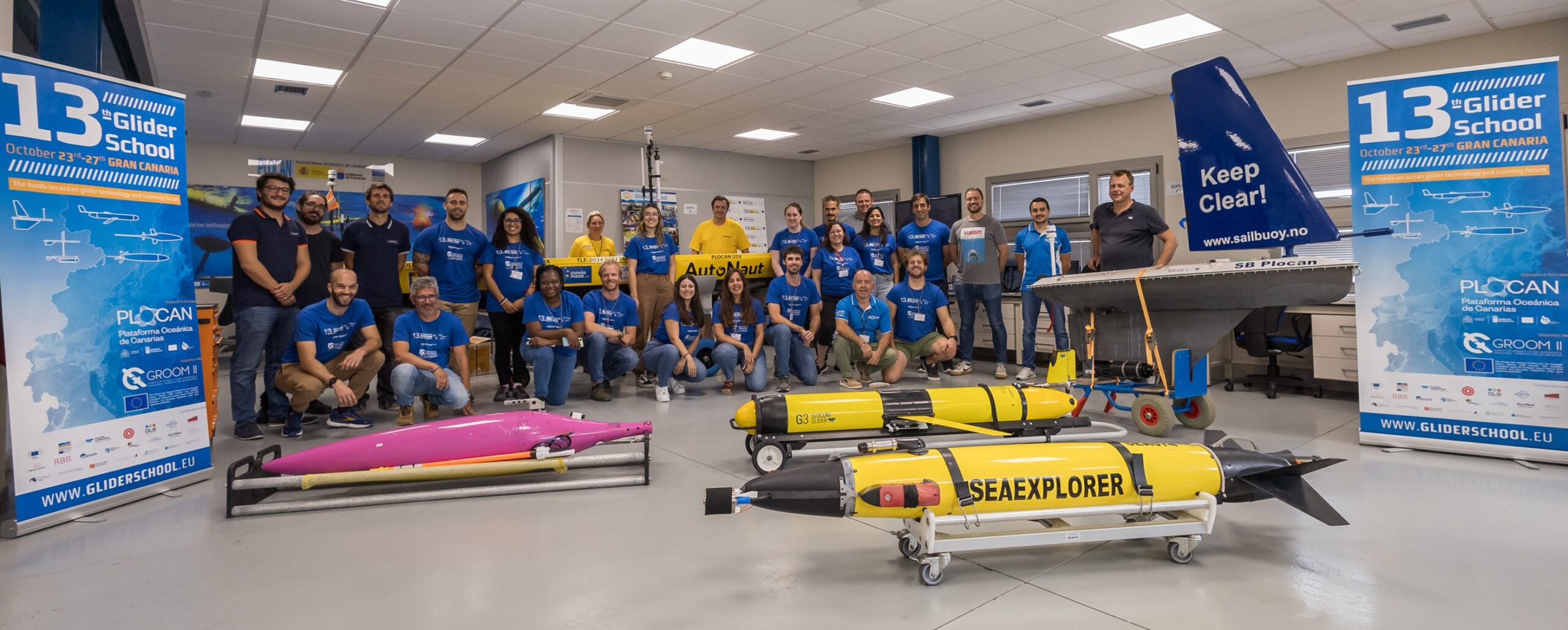The German oceanographic sailboat Eugen Seibold of the Max Planck Institute has made a stopover at the port facilities of the Cabildo de Gran Canaria in Taliarte usually used by the Oceanic Platform of the Canary Islands (PLOCAN), within the framework of a scientific research mission on the processes of exchange between the atmosphere and the ocean and its effects on the climate in the Macaronesian region.
The sailboat is financed by the Werner Siemens Foundation and operated by the Max Planck Institute of Chemistry in Mainz. It has made the stopover in Taliarte to collect scientific material that has been sent from Germany to Gran Canaria and that will be used in the current mission, which takes place in waters between the Canary Islands and Cape Verde.
The oceanographic sailboat is currently developing a research program in the North Atlantic, which began in 2019 and will also include the Caribbean and possibly the eastern Pacific.
The Eugen Seibold also studies the upper 1,000 meters of the ocean and its effect on the climate, including the euphotic zone, the sunlit zone, and the mixed surface layer, where most of the physical, chemical and biological rotation takes place, and the calibration of paleoceanographic biological indicators in the water column. It has reference instrumentation for the continuous and discrete data and sample collection of atmospheric and oceanographic variables, which are essential for the study of the processes that govern the global climate.
The sailboat has a length of 24 meters and a gross weight of 24 tons, a crew of two to four crew members and can operate with four to six scientists. Half of the interior of the sailboat is composed of laboratories that include wet laboratory, dry laboratory and atmosphere laboratory. It has a autonomy of three weeks. The name of the sailboat responds to Professor Eugen Seibold, a German marine geologist.





